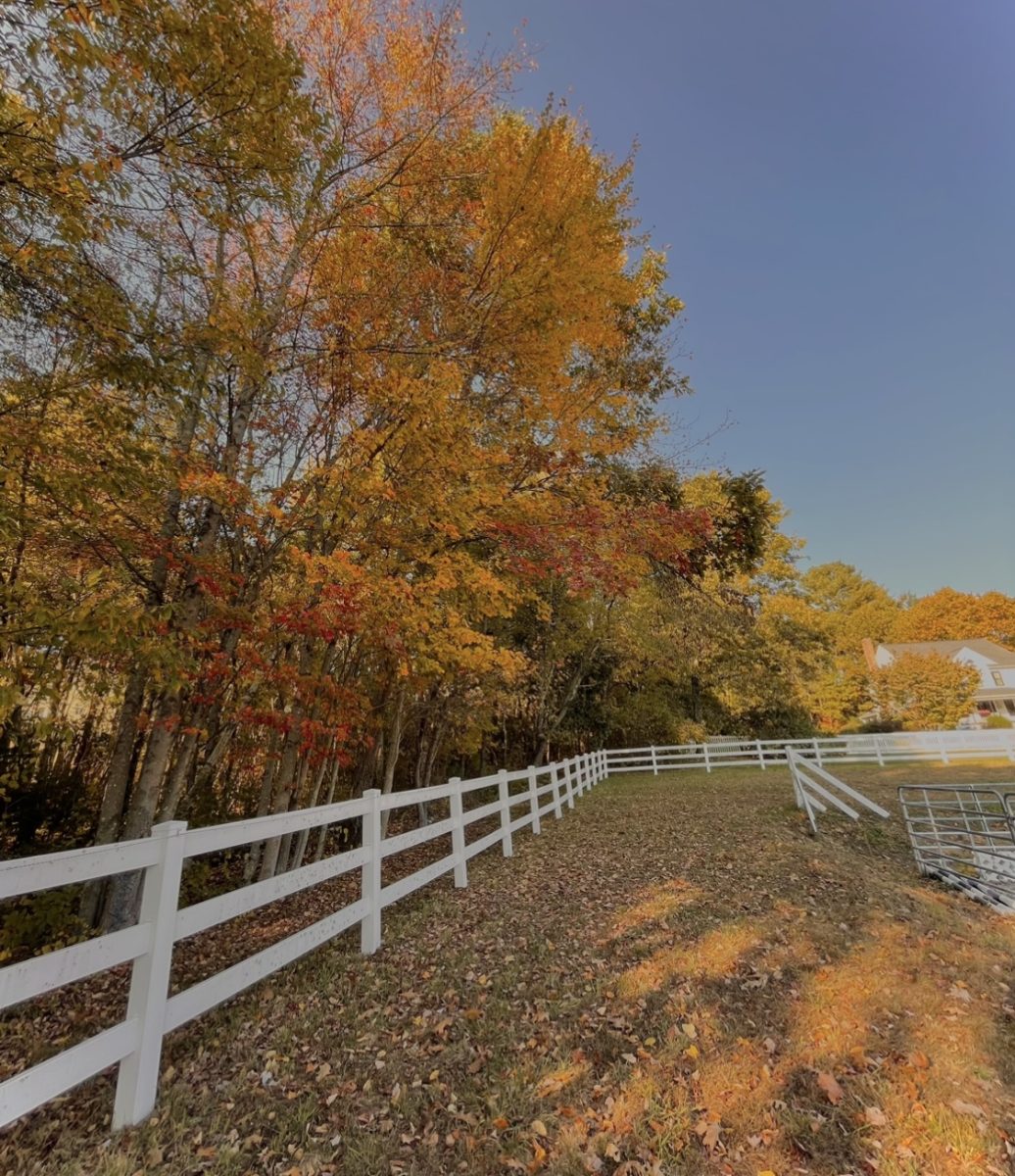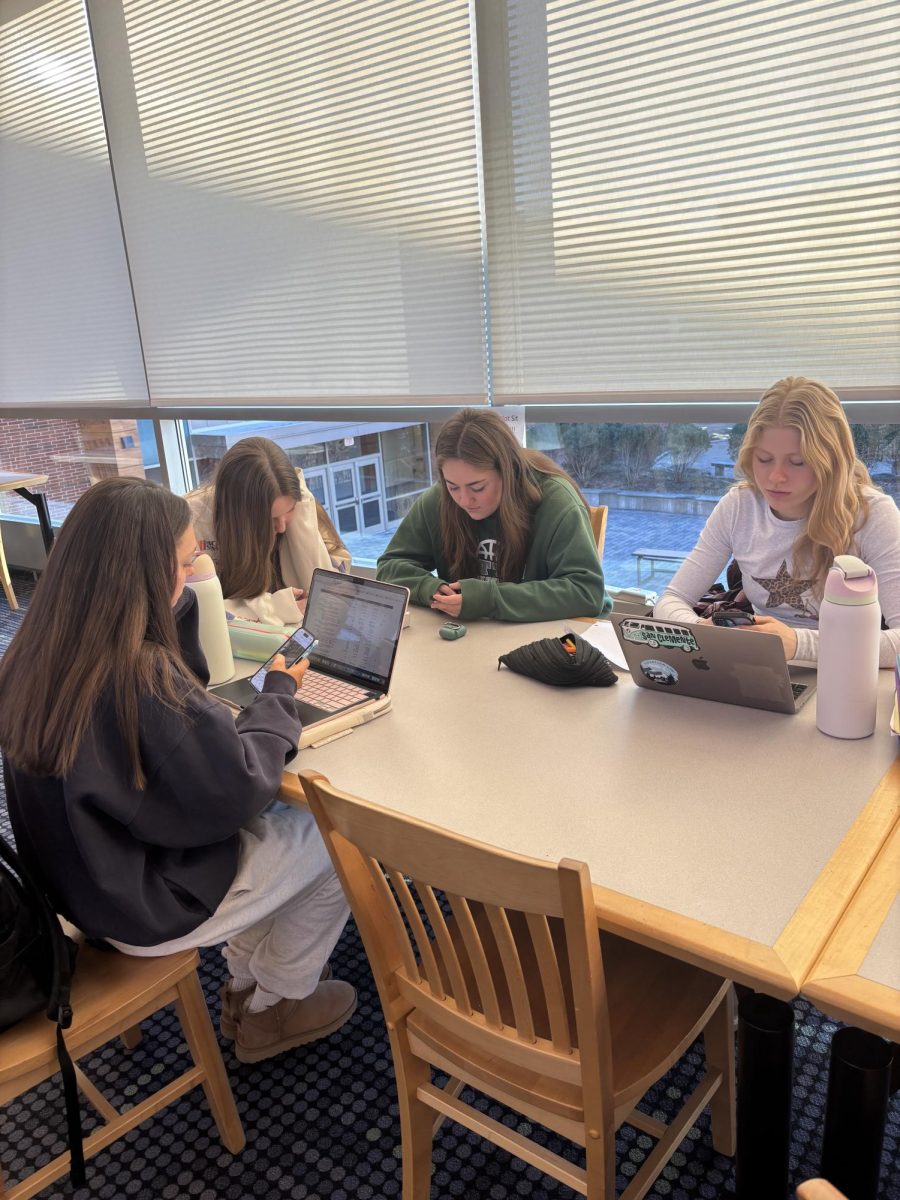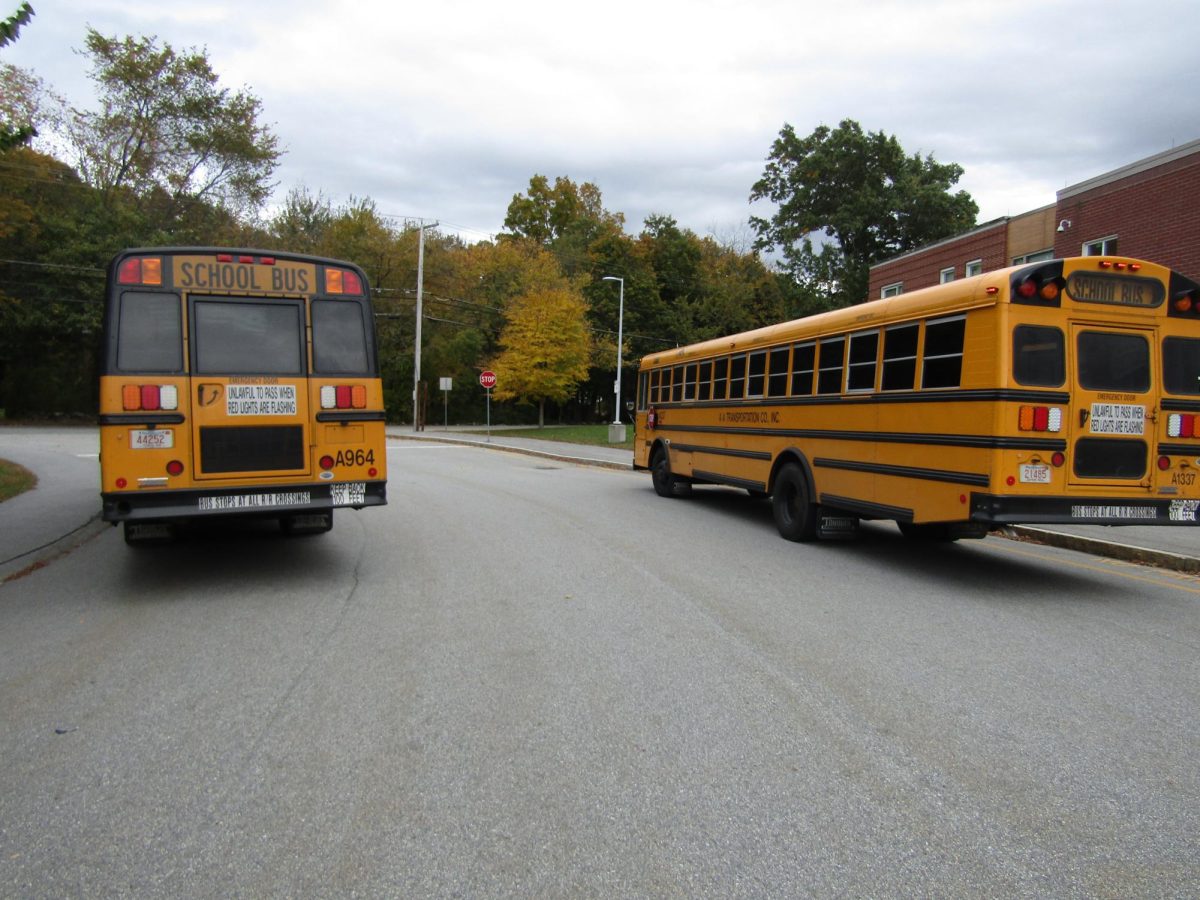Dear America: Should Civics Class Be Taught?
Does Civics have a purpose?
January 19, 2024
Civics class is often misunderstood and leaves many confused about the purpose of the class. A closer look shows that civics class is a very important class that serves a deeper purpose.
Civics as it looks on the surface is just an extension of history class, which is wrong. Most kids do not bother to understand the true meaning of Civics, besides following the false idea that it is only for you to learn more about American history.
What is the best way to approach this subject and explore the topic not just on the surface level but try to uncover its true meaning and the reason why so many states require it?
Begin with the legal requirements that protect the teaching of Civics in the United States, Massachusetts is one of 11 states that require the teaching of at least one history course but unfortunately, this law does not explicitly specify what type of history class the law protects. This means that a school can get past the law by teaching only history and not civics, which is a shame because civic education is important.
Civics class in many ways is a ticket to a better world and a better future. Civics class teaches students how to be a good citizen and to take part in important events like elections and other community activities. Civics teaches the Constitution as it should be taught in a not biased way.
This is important especially because the US is more politically divided than in years past. Learning about the founding of America makes us not take its existence for granted.
Today, the Constitution is often misinterpreted and teaching civics is a way to start the conversation about the importance of the Constitution. Civics class helps create good citizens.
Like many, admittedly, I originally saw civics as a meaningless class. Yet, after really thoroughly thinking about the purpose I realized it serves a deeper meaning. My revelation was sparked by my interview with Sutton High School’s civics teacher, Mr. Whittier. I sat down with him for more than 30 minutes discussing the true meaning of civic education in the United States.
When asked if civics important to teach and if so why his response was the following: “I think it is incredibly important for students to learn about Civics to help create a better future for all of us.”
This quote made me think about the actual purpose of Civics, and the realization was enlightening. I also asked why civic education is important and he responded, “It helps because it acts as a portal to creating a proper future citizen.”
These were great responses but they only represent one side of the argument.
This opposing argument is the one that civics class at a young age creates the thoughts of political division at a young age. This fact was first brought up to me by a Junior here at school, Caiden Gould. Caiden brought up an interesting point of view to the question.
When asked whether or not civics class should be taught in school he offered the following answer: “No I do not think civics should be required because I would not want my kids exposed to political parties at such a young age.”
This offers an interesting point of view, but in my opinion is contradictory to the real purpose of civic education. It is a class that has purpose, not to teach about political division, but instead how to be a civic citizen by taking part in your communities activities.
In summary, civics class is much more than a class and is an extension of history, but instead the start of a whole different genre of education. Civics prepares people for the future and tries to create a better future by guiding kids to become better versions of themselves.





































